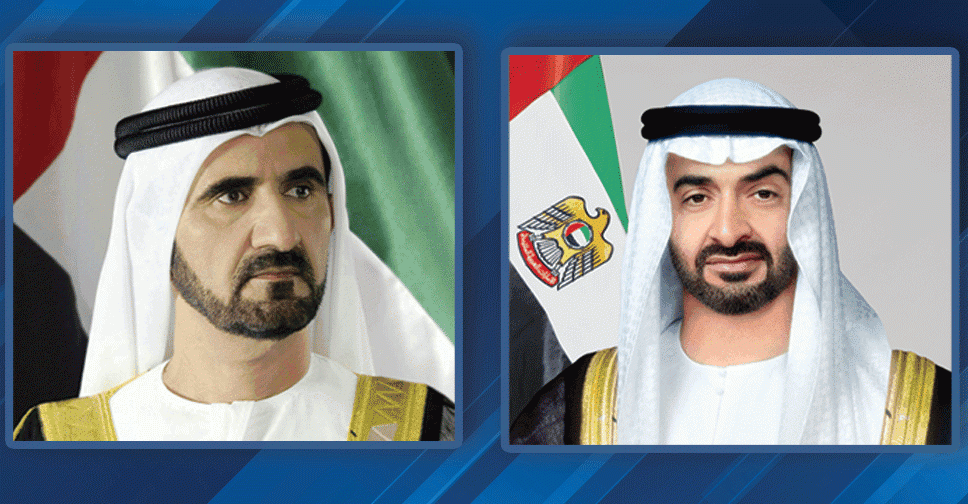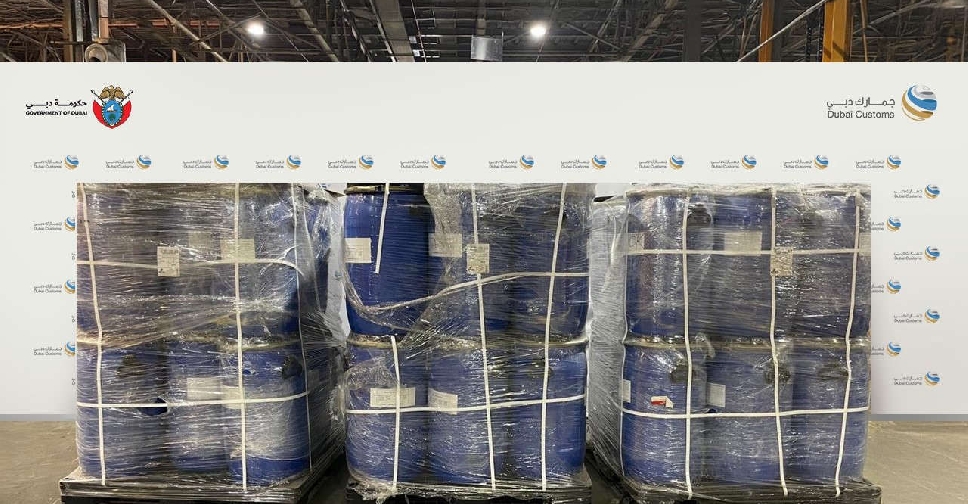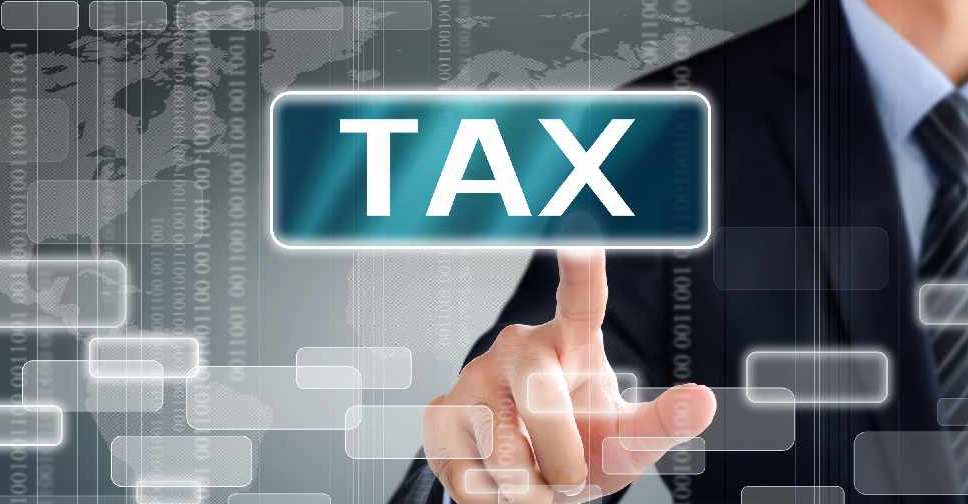
Philippine President Ferdinand Marcos Jr has signed into law a bill making it easier for taxpayers to pay their taxes, his office said on Sunday, in a bid to increase the revenues his government needs to boost infrastructure spending.
"The law will modernise and increase the efficiency and effectiveness of tax administration and strengthen taxpayer rights and allow the government to capture as many taxpayers as possible into the tax net," his office said in a statement.
Called the "Ease of Paying Taxes Act", the new law simplifies procedures by allowing taxpayers to electronically or manually file tax returns with the Bureau of Internal Revenue (BIR), any authorised agent bank or authorised tax software provider.
The new law also allows non-residents to register for these facilities, in a bid attract foreign investors and make it easier for them to do business in the Philippines.
Under the law, the tax authority is mandated to act on claims to refund taxes erroneously or illegally collected within 180-days. The threshold for mandatory issuance of receipts was raised to 500 pesos ($8.99) from 100 pesos, the law added.
The number of income tax return pages was also cut to two from four previously.
To speed up the process, the BIR must also craft a digitalisation roadmap to ease tax compliance especially for micro and small taxpayers, the law stated.
Marcos, who was elected president in June 2022, has outlined an ambitious plan for his six-year term in office that focuses on fiscal management and infrastructure upgrades.
His government wants to raise its tax effort, which is the share of tax collections to gross domestic product, to above 17 per cent by 2028 from more than 14 per cent currently, and sustain infrastructure spending at 5 per cent to 6 per cent of gross domestic product.

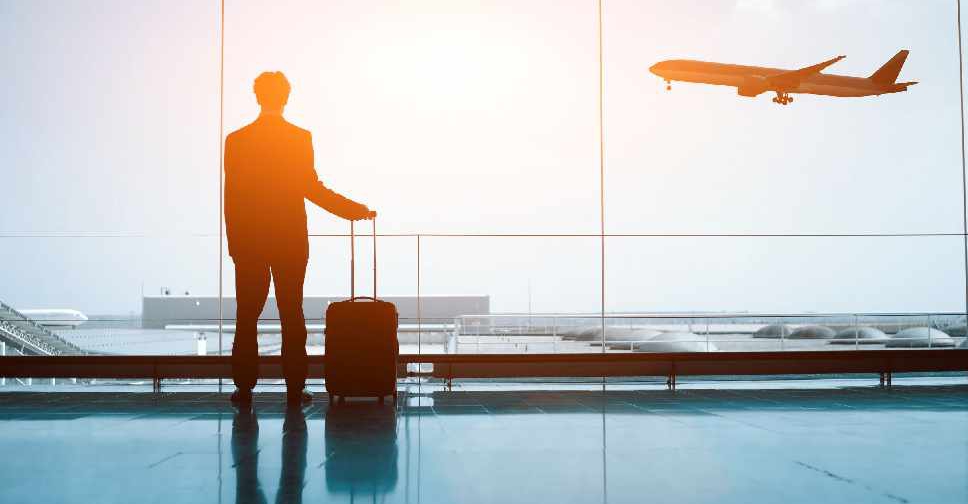 Aviation sector contributes $4.1 trillion to global economy
Aviation sector contributes $4.1 trillion to global economy
 Paris AI summit draws world leaders
Paris AI summit draws world leaders
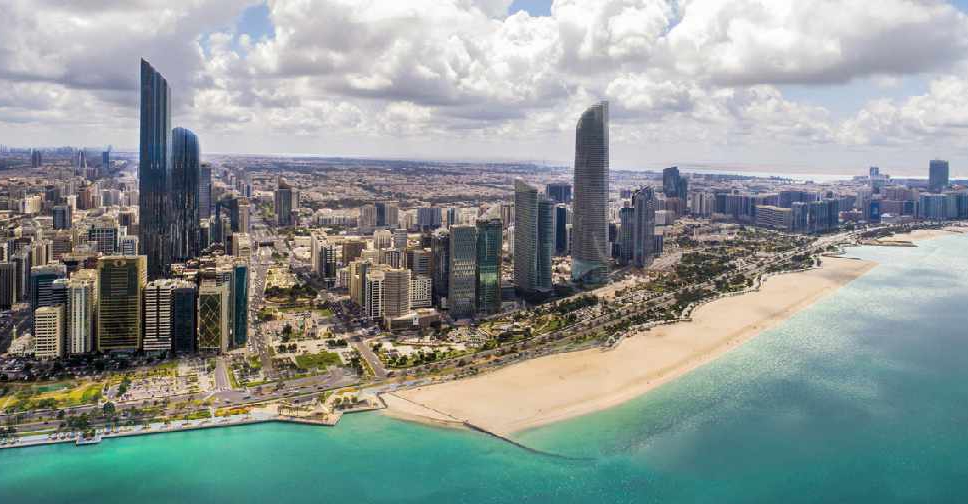 16% growth in new economic licences in Abu Dhabi during 2024
16% growth in new economic licences in Abu Dhabi during 2024
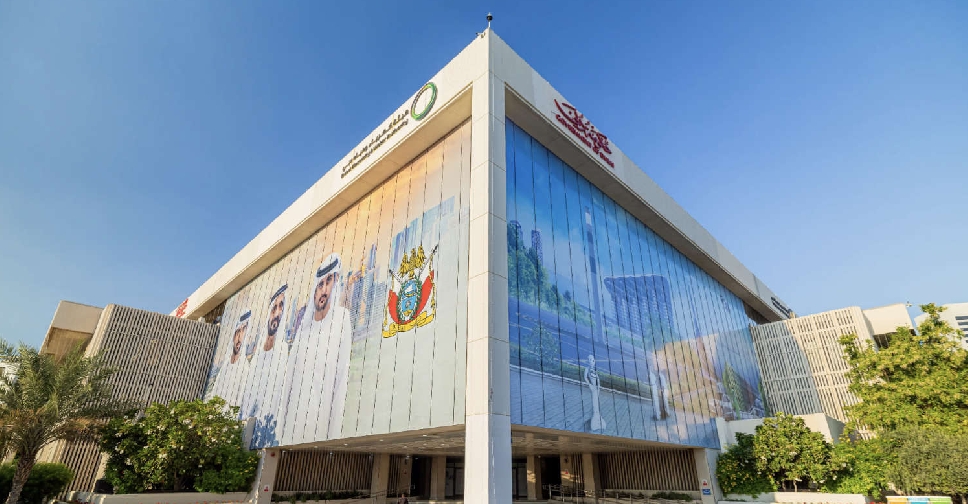 DEWA updates billing on water consumption
DEWA updates billing on water consumption
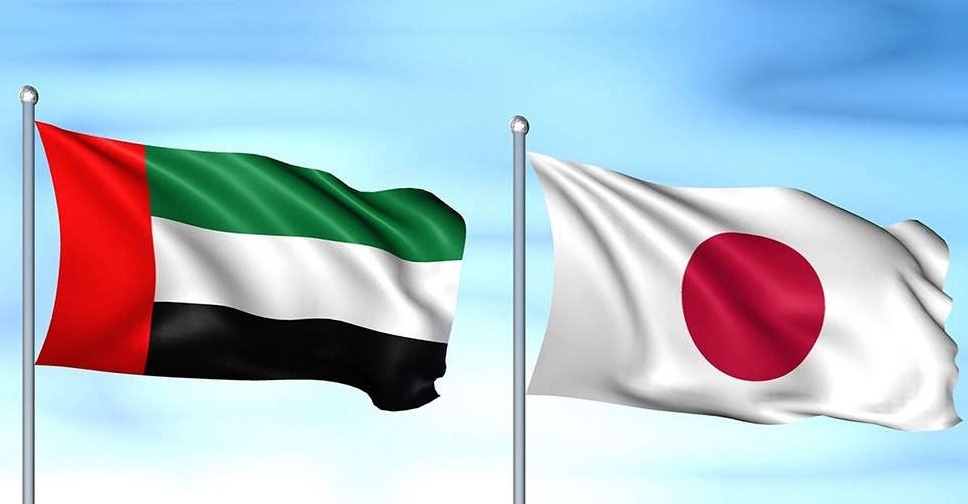 UAE, Japan to complete CEPA by end of year
UAE, Japan to complete CEPA by end of year
